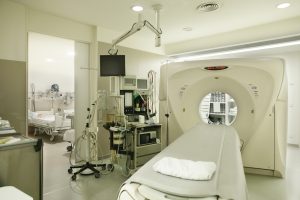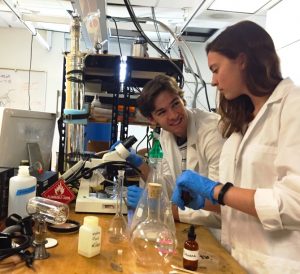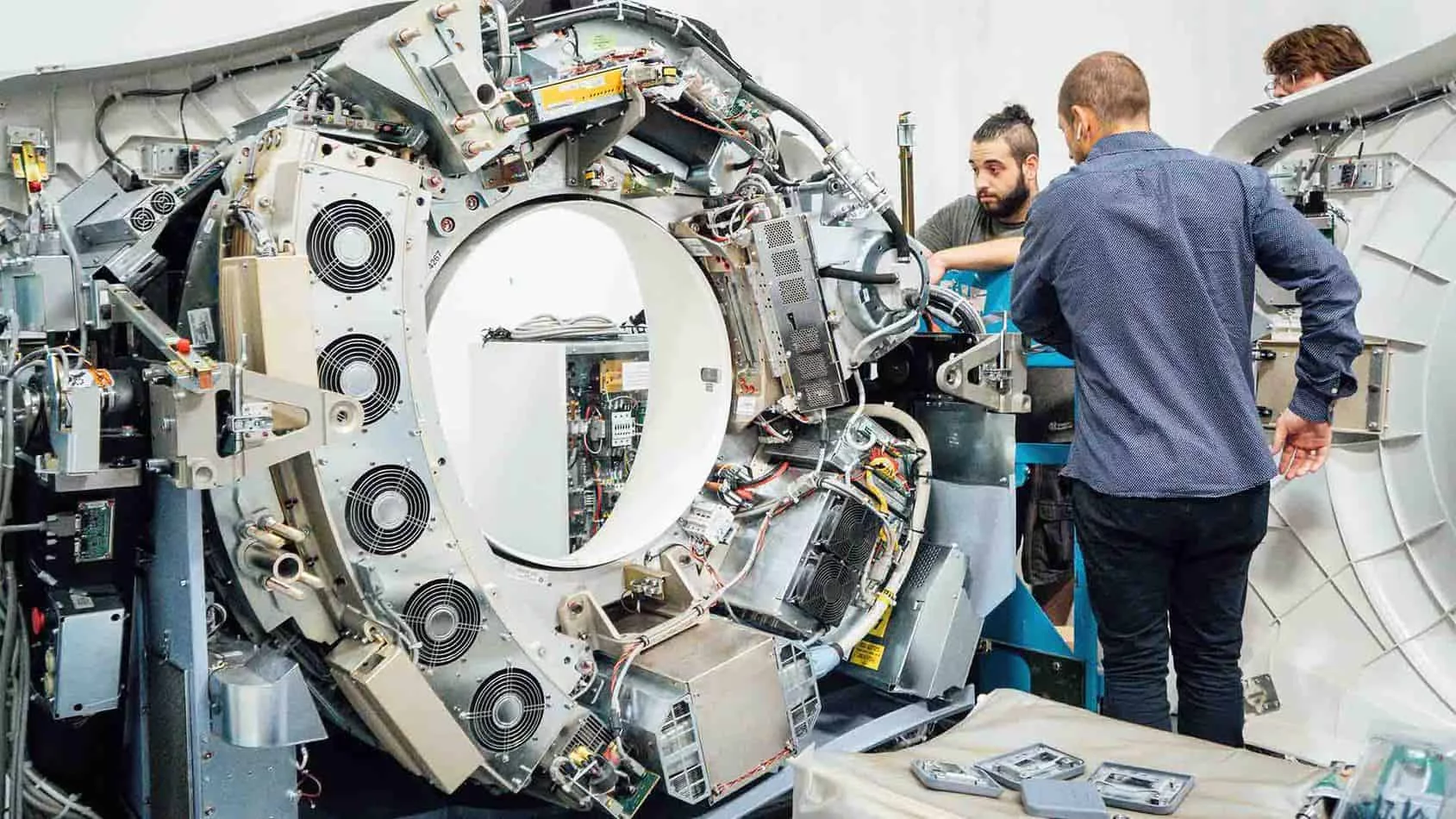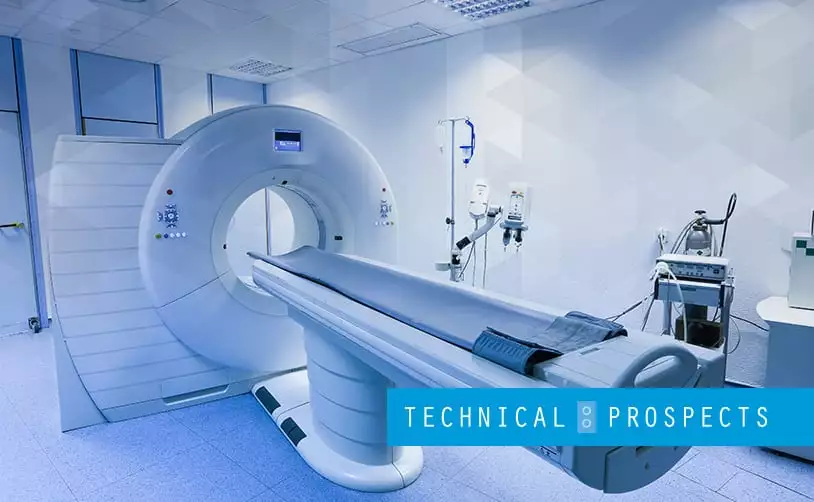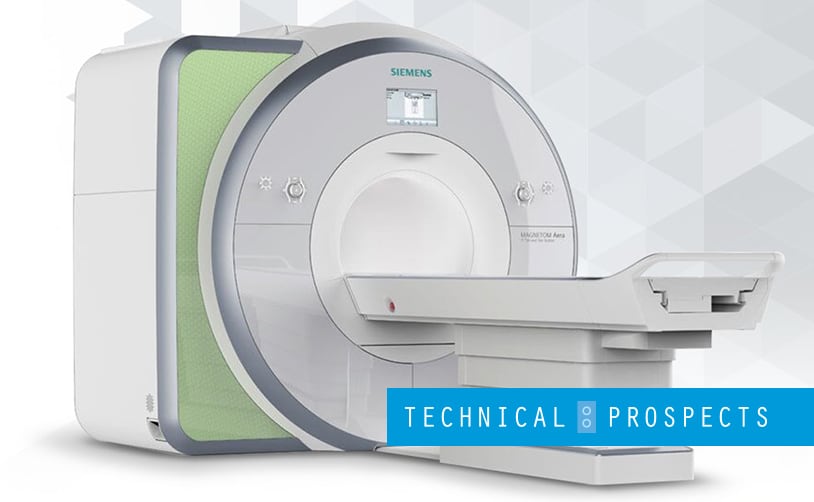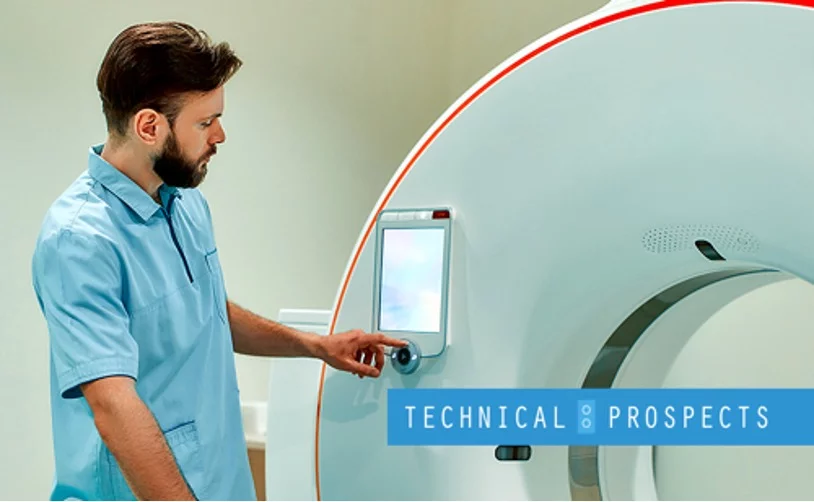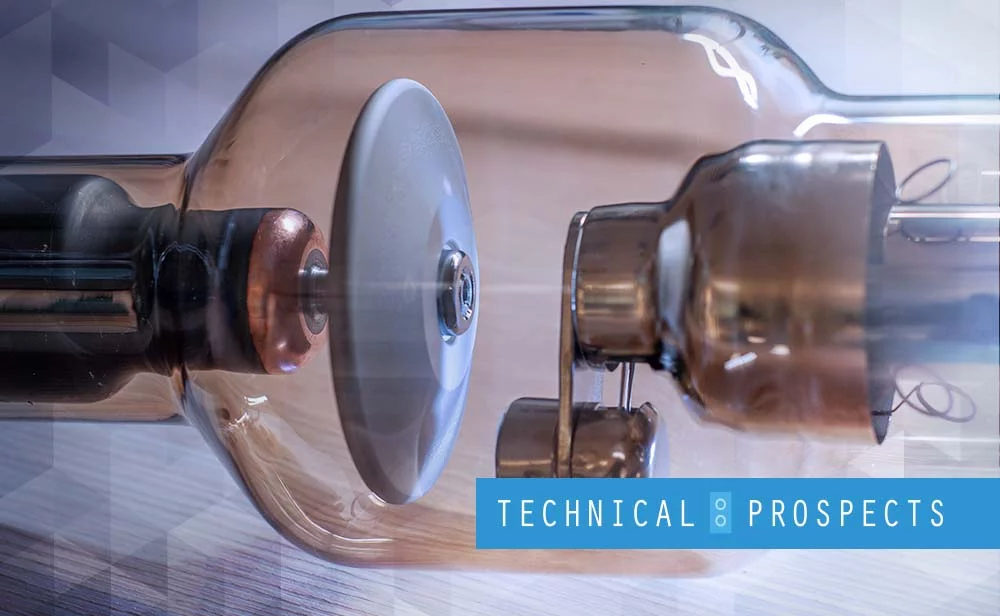Biomedical engineers are responsible for installation, maintenance, and technical support for biomedical equipment. They combine their knowledge of engineering and biological sciences to design, create, repair, and maintain biomedical equipment that helps medical professionals diagnose and treat illnesses in the hospital setting.
In the laboratory, biomedical equipment also helps researchers and scientists examine and monitor organic compounds and living organisms’ condition.
1. What are the most important contributions of biomedical engineering?
Some of the most essential devices produced by biomedical engineers are the following:
- Diagnostic Imaging, such as Magnetic Resonance Imaging (MRI), Ultrasound, Computed Tomography (CT) Scans, X-Rays, etc., are non-invasive methods of looking inside the body. These methods help doctors confirm the causes of an injury or illness and decide the appropriate course of treatment.
- Electron Microscopes allow researchers to investigate microorganisms, cells, biopsy samples, and a range of other organic and inorganic materials.
- Optometry equipment, such as ophthalmoscopes, tonometers, phoropters, and vision screeners, give optometrists the capacity to investigate and diagnose any issues present on the outer surface of the eye.
- Surgical instruments come in many forms, from specialized hand tools, like bone saws, forceps, and clamps, to technological marvels, like robotic arms and surgeon consoles, all make surgeries and procedures possible. Such devices are designed by biomedical engineers using their knowledge of engineering principles and biology.
- Blood Chemistry Analyzers determine components in blood for various purposes. Hospitals, laboratories, and forensic labs use blood chemical analyzers to test for blood cell counts, illegal drug use, checking the presence of antibodies, monitoring glucose or cholesterol levels, and more.
2. What are the educational requirements for working as a biomedical engineer?
Students interested in a career in biomedical engineering will benefit from nurturing an interest in chemistry, physics, and biology. To excel as engineers, they will also need to be proficient in mathematical subjects, such as algebra, geometry, trigonometry, and calculus.
Upon graduation, degrees in biomedical engineer are then available. These degree programs typically require coursework in fluid and solid mechanics, computer programming, biological sciences, and physiology.
Within biomedical engineering are many specialties. It’s worth noting that the terminologies are usually used loosely. Many biomedical engineers, especially those who work in moderately-sized teams, dabble in more than one field. However, these specializations provide insight into a biomedical engineer’s experience and line of work.
Here are five of them:
- Bioinstrumentation involves electronics, computer science, and measurement standards in developing the instruments used to diagnose medical problems.
- Biomechanics focuses on studying how the human body achieves motion through the combined efforts of muscles, bones, tendons, and ligaments. Biomedical engineers use this knowledge to design orthopedic implants, among other things.
- Clinical Engineering uses medical technology to improve healthcare procedures.
- Rehabilitation Engineering utilizes the concepts of engineering, computer science, and their knowledge of physiology to assist patients undergoing rehabilitation.
- Biomaterials involve studying and developing naturally occurring or laboratory-made materials used for medical applications such as implants.
3. What skills do Biomedical Engineers need?
Besides the required coursework and a Biomedical Engineering degree, biomedical engineers also need to have four skills to excel in their field.
- Analytical skills – Biomedical engineers use analytical skills to find connections and implement solutions for certain medical problems and needs.
- Communication – Communication skills are essential for work in the medical field. Since biomedical engineers frequently work with patients, doctors, and other engineers, the need to communicate their ideas clearly and use those ideas to find solutions.
- Creative Thinking – While analytical skills are a must for a successful career in biomedical engineering, sometimes the solutions to complex problems can be solved by creative thinking. An excellent example of this is the development of germ-repellent catheters, which was actually inspired by sharkskin!
- Problem Solving – Biomedical engineers solve problems that typically result in limitations in a medical environment. For example, before diagnostic imaging like X-Rays, CT Scanners, and MRI scanners came into widespread use, doctors had a minimal view of what happens inside a living human body. This limited the doctor’s diagnosis’s accuracy, which also made assigning appropriate treatments and procedures inaccurate.
The Bottom Line
As mentioned above, the work of biomedical engineers cuts through many professional fields. While their core expertise is in engineering and biology, some biomedical engineers also design software to run complex biomedical apparatus. Others focus on mathematical and statistical concepts to build models that can explain the signals of the brain or heart. Meanwhile, others even devote their time in sales and provide technical support to keep the entire process running smoothly. Regardless of specialization and scope of work, biomedical engineers play a crucial role in advancing medical technology as a whole.
Are you looking for tried and tested equipment and parts that are sure to pass the scrutiny of your biomedical engineers? DirectMed Parts offers coil repairs and spare parts for the leading MRI and CT scanner brands. We also buy used medical imaging equipment. Contact us today to learn more about our products and services!
